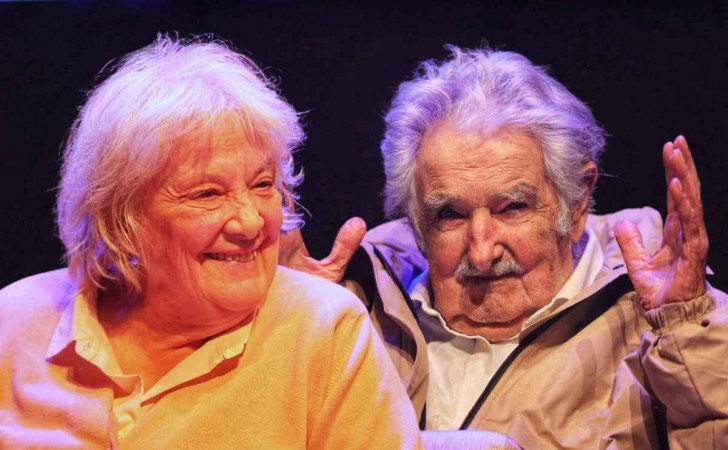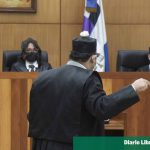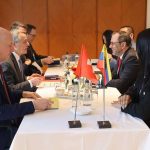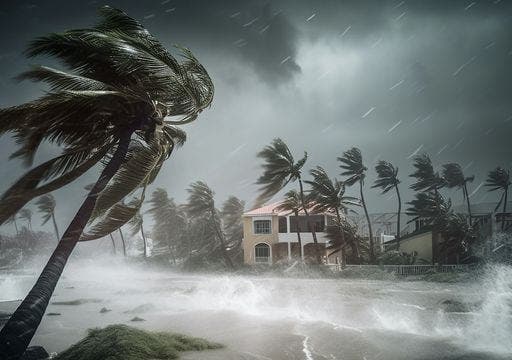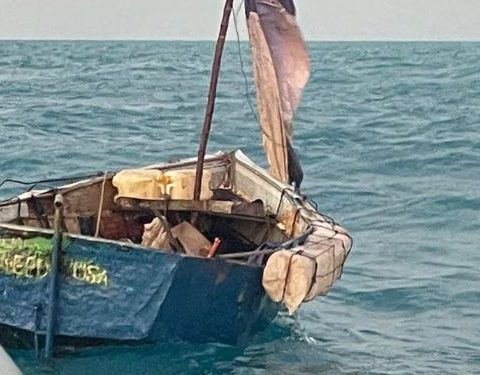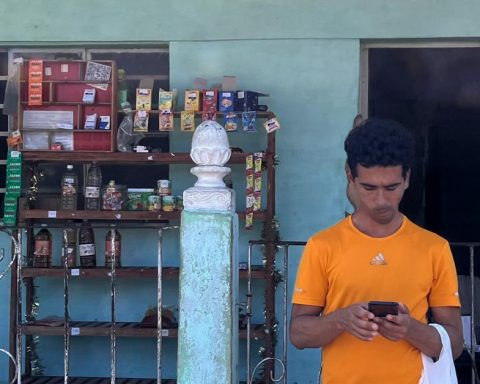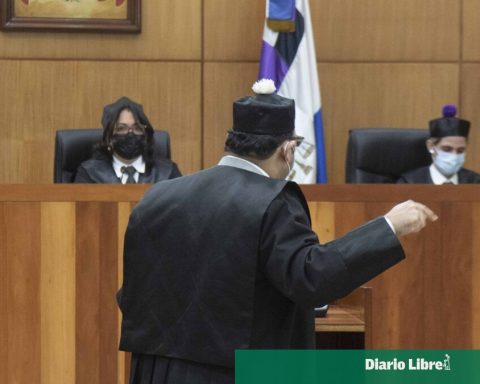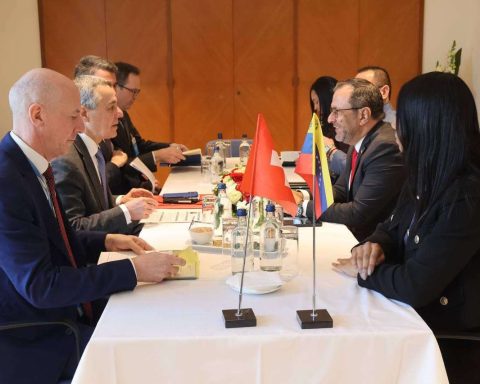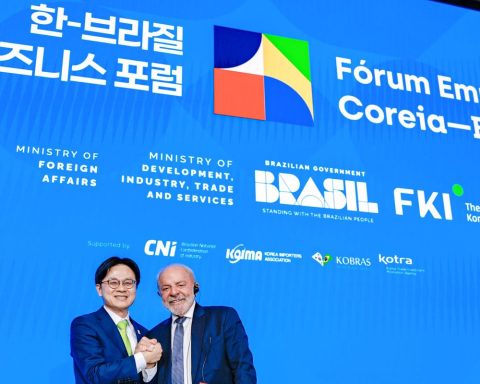
On Tuesday, former President José Mujica and former Vice President Lucía Topolansky addressed the issue of the elections in Venezuela, generating significant political repercussions within Uruguay.
In statements to the newspaper El País, Lucía Topolansky said that “we are waiting to see the minutes to know” in relation to the information that must be provided by the National Electoral Council (CNE) of Venezuela, which is under the administration of the government of Nicolás Maduro. “We have to look at all the information that there is to be able to say something,” she explained. She said that the Frente Amplio statement is clear in requesting the presentation of the minutes.
“There are also the minutes collected by the opposition. Everything must be checked and then the legitimacy of this process will be seen,” he added.
Topolansky described the election as “very confusing, very suspicious” and stressed the lack of information, indicating that jumping to conclusions could be more harmful than beneficial. “We are very concerned,” he said.
The Communist Party of Uruguay (PCU) has declared itself in favour of elections in Venezuela and harshly criticised “the right and Yankee imperialism” in a context of regional political polarisation. Topolansky highlighted the role of Brazil, which has drawn international attention to the situation, and mentioned that countries such as Colombia, Chile, Guatemala, Uruguay and Paraguay have adopted a similar position.
The former vice president expressed the need to address the situation from a complex and comprehensive perspective. “That is why I am not in a hurry,” she said, referring to the request for a thorough verification of the electoral records.
He also stressed the importance of proving the existence of an alleged cyber attack.
Topolansky concluded that “there are more questions than answers” and that most countries have shown restraint, with the exception of the reactions of Argentine President Javier Milei, known for his usual strident tone.
On the other hand, Topolansky expressed concern about the recent expulsion of the Uruguayan ambassador and other diplomats from Venezuela. “It is worrying, because the more countries in the world we have relations with, the better,” he said.
He recalled that during the last years of the Frente Amplio government, it took time to name an ambassador, stressing that this government finally managed to name a female ambassador to Venezuela. He advocated avoiding internal conflicts and not mixing these issues with national electoral questions, pointing out that “some seek to impose an irresponsible logic of shouting and chatter.”
Mujica distances himself from MLN’s support for Venezuelan elections
José Mujica, for his part, distanced himself from the statement issued by the Tupamaros National Liberation Movement (MLN-T), which described the elections of Sunday, July 28 in Venezuela as an “exemplary electoral act.” “It has nothing to do with it,” the former president commented to Búsqueda magazine, stressing that he was not consulted nor did he participate in the preparation of the statement, and that he does not represent it, assuring that he will speak about the subject later.
Mujica said that there is currently no reliable information regarding what happened in the elections, from either side. He confirmed that he has “doubts” regarding the official results that declared Nicolás Maduro the winner over the opposition candidate Edmundo González Urrutia. He indicated that his position is similar to that of Brazilian President Luiz Inácio Lula Da Silva, who avoided making a definitive statement until he has more information about the electoral process.
